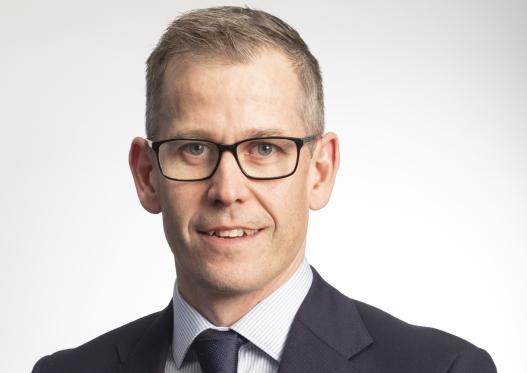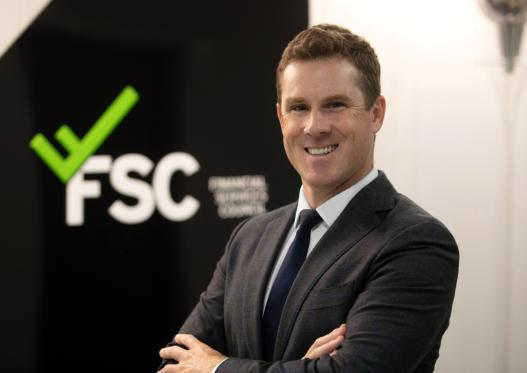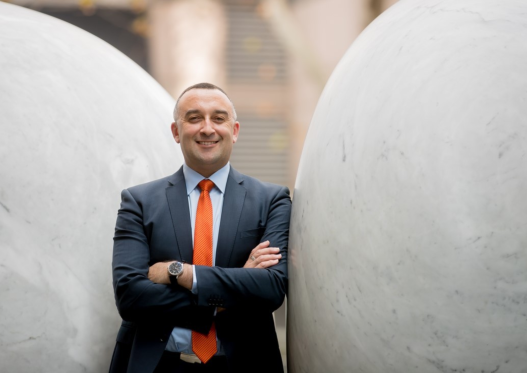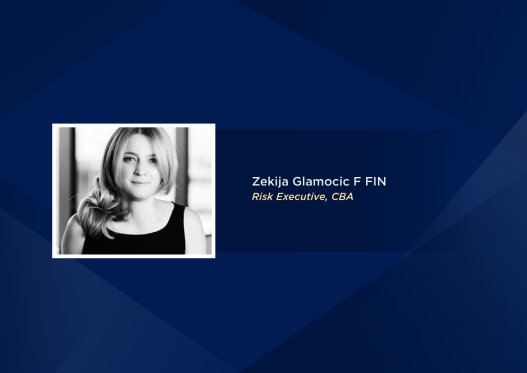A survey that will inform the findings of the project provides FINSIA members with an opportunity to have their own views on important policy reform heard.
Dr Paul Mazzola, a FINSIA Fellow from the University of Wollongong, is looking for the input of 50 - 70 members from across the broad base of our membership to take part in the survey.
He believes that as a professional membership organisation with a far-reaching base of senior executives, FINSIA is the ideal sounding board for the “Delphi” [1] survey.
He added that members taking part will have the benefit of responding to key findings from the views of 2,000-plus banking and financial services customers who have already taken part in the first part of the research, which has been carried out by consumer advocacy group Choice.
The written responses of FINSIA volunteers taking part will be assessed confidentially to identify similar themes and perspectives so that a second, and potentially third round of questions can be asked of the participants.
The feedback from this in turn forms the basis of the researchers’ submission to the ALRC.
Professor Nina Reynolds, who is part of the research project, explained that this methodology gives access to a broad range of qualitative data.
"It has the advantage of getting a group's opinion as well as the fact that the participants get the feedback of peers," said Prof Nina Reynolds.
Dr Mazzola said: “Filling in the separate stages of the online survey will only take about 30 minutes. It will also give practitioners a sense of how customers think they are being treated. So it’s an ideal opportunity to keep informed and have a say in the way we want to re-shape consumer laws.
If you are happy to be involved, could you respond to me so I can pass your contact details along to the research team."
FINSIA CEO and Managing Director Yasser El-Ansary F FIN said the survey was a great chance for individual members to have their say.
“It presents an ideal opportunity to contribute to better - and more targeted - financial services laws and regulations in the future,” he said.
If you're interested in getting involved, please reach out to [email protected].
[1]A Delphi survey canvasses views of experts in two or more rounds. After each round, a facilitator provides a summary of the experts' views from the previous round, as well as the reasons they provided for their judgments. Thus, experts are encouraged to revise their earlier answers in light of the replies of other members of their panel. It is believed that during this process the range of the answers will decrease, and the group will converge towards the ‘correct’ answer.








